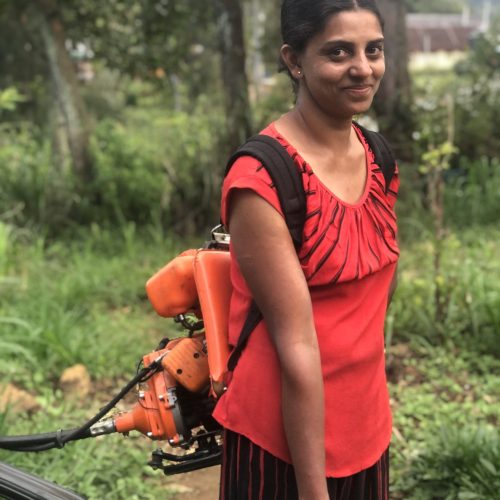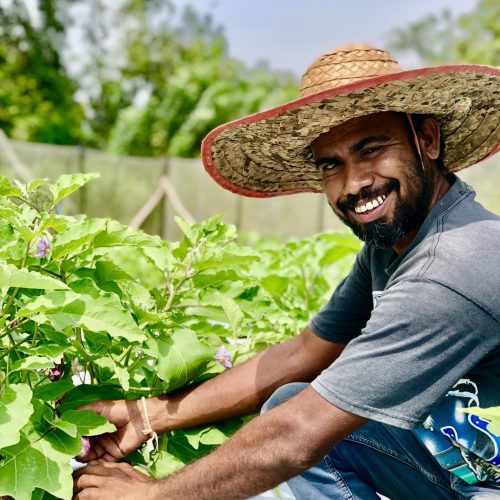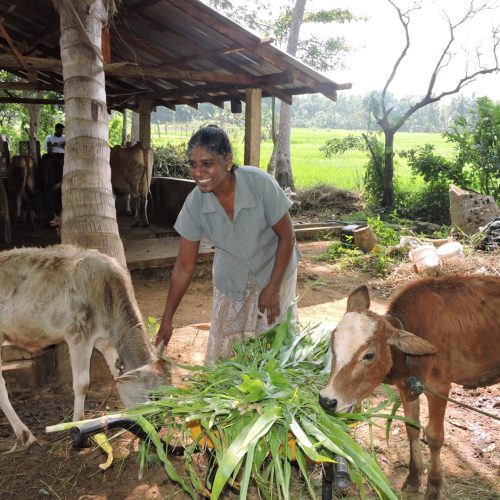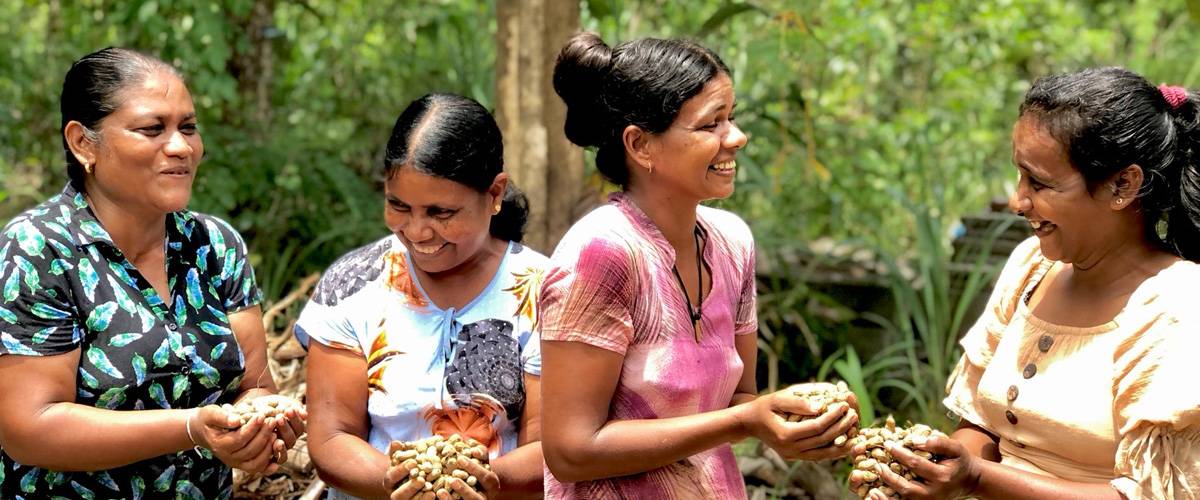

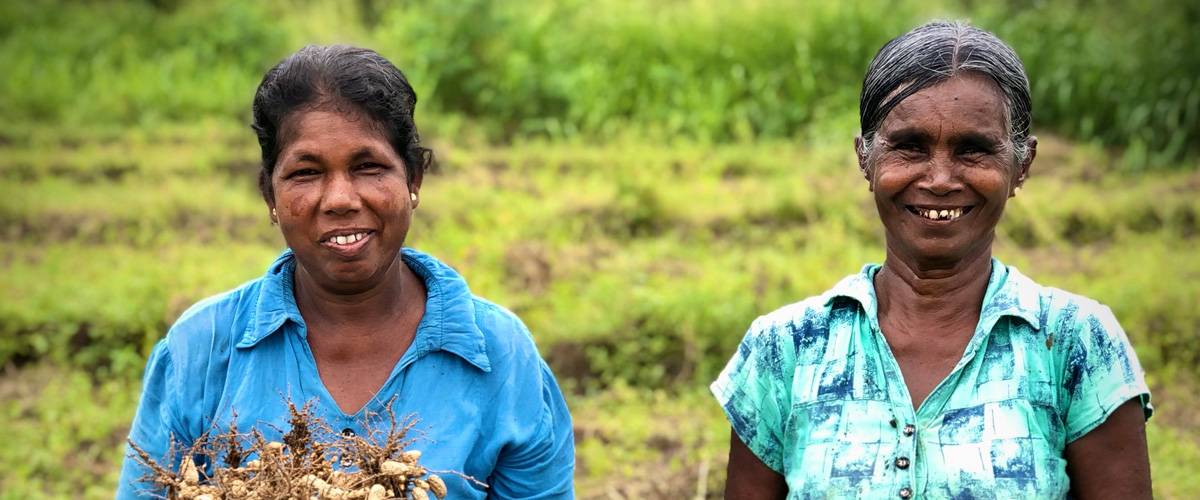

- WORKSHOP FOR JOURNALISTS ON SAPP BEST PRACTICES IN AGRICULTURE, CONTRIBUTION FOR AGRIBUSINESS AND SUSTAINABLE DEVELOPMENT GOALS IN SRI LANKA
- Presentation of Policy Paper on Dairy Sector
- Finding Recommendations of Stock Taking Study on Insurance and Mitigation Mechanism Available for Agriculture
- R4C DOCUMENTARY
- කර්මාන්ත ශ්රී ලංකා 2022” NATIONAL INDUSTRY EXCELLENCE AWARDS – 2022
- Stakeholder Dialogue on Promotion of Consumption of Fresh Milk – Opportunities & Challenges

Youth Entrepreneurship Development

Gender & Nutrition

Value Chain Development

Environment & Sustainability

Access to Finance
About Us

News & Events
-
Empowering Young Farmers: Dinesh Roshan Peiris' Success Story
-
SAPP - News Letter 3rd Edition
-
Awareness Creation Programme on Social Mobilization
-
Sustainable Water Management in Agriculture: SAPP's Commitment to a Brighter Future.
-
From Rural Roots to Technological Triumph: Empowering Young Greenhouse Farmers in Sri Lanka
-
SAPP GreenVeg Collaboration colored my life in Green
What is new about public-private-producer partnerships (4Ps)?
SAPP under the financial assistance of IFAD is keen to promote 4Ps as a more systematic way of doing business with the private sector through the projects it supports. In this manner, IFAD communicates to global stakeholders, partners and clients its unique approach to partnerships that enhance the well-being of small-scale producers. A 4P arrangement ensures that smallholder producers are respected partners and not relegated to the receiving end of public-private partnerships (PPPs). There are important asymmetries in the balance of power that need to be acknowledged in 4Ps, since smallholders are typically not well equipped to negotiate with public and private actors. It is important to ensure the transparency, fairness and accountability of these arrangements, especially when it comes to recognizing local communities’ tenure rights (to land, water and forests), the role of women and environmental issues. The devil is often in the details of PPP deals when it comes to price-setting mechanisms, enforcement of contracts, regulatory issues, payment modalities, ownership and coordination.. It can also be employed to justify the use of public funds as an incentive for both the private sector and producers to make better deals in which everyone is genuinely committed to a long-term partnership.
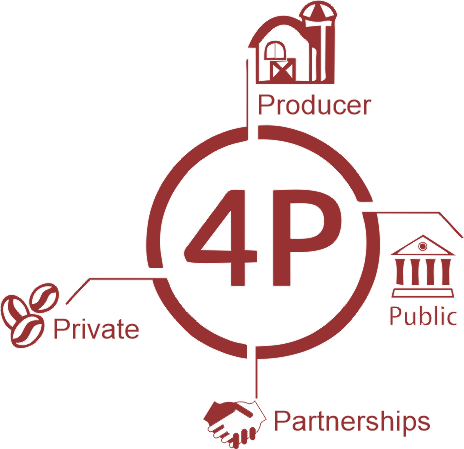
Promoter Business Partners & Banks







Contact Us
Address
Smallholder Agribusiness Partnerships
Programme (SAPP),
No.212/A,
Nawala Road, Rajagiriya,
Sri Lanka
Tel
+94 112 431 426
Fax
+94 112 431 345
OUR PARTNERS


SAPP Regional Offices
UVA Province
Regional Project Coordinator
Tel: 071 811 6152
Email: [email protected]
Address: SAPP Regional Office, Agrarian Service Center district office, Keppitipola Road, Badulla
Southern & Western Province
Regional Project Coordinator
Tel: 077 375 0881
Email: [email protected]
Address: Smallholder Agribusiness Partnership Programme, No. 212/A, Nawala Road, Rajagiriya
North Western Province
Regional Project Coordinator
Tel: 077 329 5013
Email: [email protected]
Address: SAPP Regional Office, Provincial Department of Agriculture, Dambulla Road, Kurunegala
North Central Province
Regional Project Coordinator
Tel: 077 376 0028
Email: [email protected]
Address: SAPP Regional Office,Provincial Department of Agriculture,2nd Floor, Kada 12, Anuradhapura
Central & Sabaragamuwa Province
Regional Project Coordinator
Tel: 077 329 5013
Email: [email protected]
Address: SAPP Regional Office, Department of Animal Production & Health, No.13, Peradeniya

